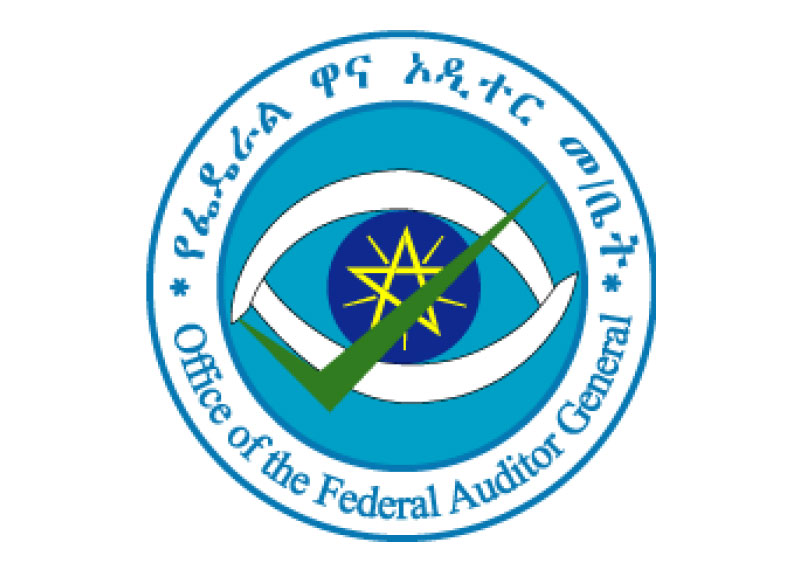
Fortune News | Jul 13,2020
Sep 7 , 2025
By NAHOM AYELE ( FORTUNE STAFF WRITER )
A homeownership dream has unravelled in a legal battle, as 236 people filed a lawsuit against Key Housing Finance Solutions and Bunna Insurance. Three years ago, Girum Assefa, an entrepreneur known for his media ventures, launched a plan to build 100,000 homes in a decade. The KEY Common Housing Fund promised to help low- and middle-income buyers access new homes through long-term and group-based savings.
A dream of affordable homeownership has dissolved into a courtroom showdown for hundreds of Ethiopians, as 236 people filed a class-action lawsuit against Key Housing Finance Solutions and Bunna Insurance Company.
In a legal complaint submitted at the Lideta Division of the Federal High Court in June, the plaintiffs allege that the companies failed to deliver on their promises, breaking contracts and causing the loss of over 29 million Br in collective payments. The dispute resulted in an ambitious scheme launched by Key Housing Finance Solutions, a company managed by Girum Assefa, a businessman also known for his involvement with Abbay TV. The company made headlines with its bold plan to build 100,000 homes over 10 years for low- and middle-income buyers, relying on a group-based savings model it called the KEY Common Housing Fund.
Enticed by the promise of a new path to homeownership, the plaintiffs signed 30-year contracts and made regular monthly payments, expecting to receive homes within a 10-year period.
The plaintiffs’ case depended on the collapse of a financial safety net that initially convinced them to sign up. Their contracts were backed by a performance guarantee from Bunna Insurance, a policy for which each member paid extra, believing it would secure their contributions if the housing project ran into trouble. That foundation was pulled away when the National Bank of Ethiopia (NBE) decided that the guarantee Bunna Insurance provided was not legally valid.
Bunna Insurance withdrew its coverage, leaving the members’ money unprotected.
According to the lawsuit, this was a turning point. The plaintiffs, represented by Mulugeta Belay Law Office, claim the withdrawal amounted to a fundamental breach of contract. Key Housing later secured different coverage from the state-owned Ethiopian Insurance Company (EIC), but it was for mortgage and accident insurance, terms the plaintiffs disputed as irrelevant to their initial agreement. They argue that the new insurance cannot replace the initial performance guarantee, which was intended to protect their principal investment in the event that the company failed to deliver the promised homes.
The plaintiffs go further, accusing Key Housing of operating as an "illegal pyramid-style scheme," claiming that money from new members is used to finance earlier commitments in "a model that cannot last." They allege that the company is operating outside the scope of its license, directly engaging in real estate activities such as leasing plots and constructing buildings, "in violation of laws governing the financial sector."
Despite promotional materials promising buyers fully finished homes, complete with kitchen cabinets and other interior fittings, the lawsuit alleges that, in reality, the few homes allocated so far through a lottery system are incomplete shells, stuck at the block-wall stage. The plaintiffs argue this is further evidence that Key Housing "lacks the financial and operational capacity to fulfil its commitments," estimating that at the current pace it would take more than 30 years for all members to receive a home.
With trust eroded, the plaintiffs say Key Housing has started unilaterally terminating contracts. They have appealed to judges to formalise the termination of these contracts and order a full recovery of the funds they have paid. As evidence, they have submitted copies of their contracts, samples of the performance guarantees issued by Bunna Insurance, and correspondence from the NBE confirming that the guarantee was invalid.
The lawsuit demands the full return of the 29 million Br paid by the plaintiffs, along with legal interest and additional compensation for economic and opportunity losses. The plaintiffs have also asked the court to hold both Key Housing and Bunna Insurance jointly liable for these losses.
Fearing that the companies could move assets before a judgment is reached, the plaintiffs have filed an urgent request for asset protection. They want the court to freeze up to 59 million Br in Key Housing’s bank accounts and to block the sale or transfer of a building the company is constructing in the Akaki Qaliti District.
PUBLISHED ON
Sep 07,2025 [ VOL
26 , NO
1323]

Fortune News | Jul 13,2020

Fortune News | Nov 27,2021

Fortune News | Apr 28,2024

Radar | Jul 03,2021

Radar | May 09,2020

Radar | May 04,2019

Fortune News | Jul 03,2021

Radar | May 14,2022

Radar | Jul 27,2019

Fortune News | Dec 25,2021

Dec 22 , 2024 . By TIZITA SHEWAFERAW
Charged with transforming colossal state-owned enterprises into modern and competitiv...

Aug 18 , 2024 . By AKSAH ITALO
Although predictable Yonas Zerihun's job in the ride-hailing service is not immune to...

Jul 28 , 2024 . By TIZITA SHEWAFERAW
Unhabitual, perhaps too many, Samuel Gebreyohannes, 38, used to occasionally enjoy a couple of beers at breakfast. However, he recently swit...

Jul 13 , 2024 . By AKSAH ITALO
Investors who rely on tractors, trucks, and field vehicles for commuting, transporting commodities, and f...

Oct 25 , 2025
The regulatory machinery is on overdrive. In only two years, no fewer than 35 new pro...

Oct 18 , 2025
The political establishment, notably the ruling party and its top brass, has become p...

Oct 11 , 2025
Ladislas Farago, a roving Associated Press (AP) correspondent, arrived in Ethiopia in...

Oct 4 , 2025
Eyob Tekalegn (PhD) had been in the Governor's chair for only weeks when, on Septembe...